Mohamed Ahmed Suleiman (Egypt 2019) is assistant professor at the Faculty of Arts, Beni Suef University, Egypt. His main fields of interest are patristic theology, medieval Christian philosophy, history of religion and the interreligious dialogue between Christianity and Islam. He received degree in philosophy from Cairo University. He started his PhD in Christian theology and travelled to Greece and worked on his PhD dissertation at the University of Ioannina. He worked as instructor of Arabic language for foreigners and as an interpreter and translator at the Greek police and Greek judicial court. He is the ambassador of the Greek Institute of Cultural Diplomacy in Africa and the Middle East. He is coordinator of the supreme committee of scholarships at the Ministry of Higher Education in Egypt and the director of the international relations at Beni Suef University, Egypt.
Topic: Contemporary Islamic Discourse between Violence and Tolerance
One of the most solid factors that led to Islamic discourse is the confusion and gap between classical Arabic language and modern standard Arabic. The Quran was written in classical Arabic language; early Islamic scholars wrote their commentaries and exegeses in classical Arabic language; but modern and contemporary scholars wrote in modern standard Arabic. Here, the gap and difference between the two languages carry out a difference in both meaning and significance. As a result, the problem of misunderstanding arose and led to misinterpretation and misconception. The questions of my research derive their importance from the religious linguistic context. In other words, how we perceive this context correctly, the significance of religious terms and how we use then in religious discourse can be used in political and social context. The study proposes the main questions of modern Islamic discourse which are related to the social and political context. What I intend to present is an attempt to make two clear distinctions; the first is to show the meaning and significance of the classical term which is used by Jihadists and ISIS, the second is to differentiate between classical and modern terminology.

